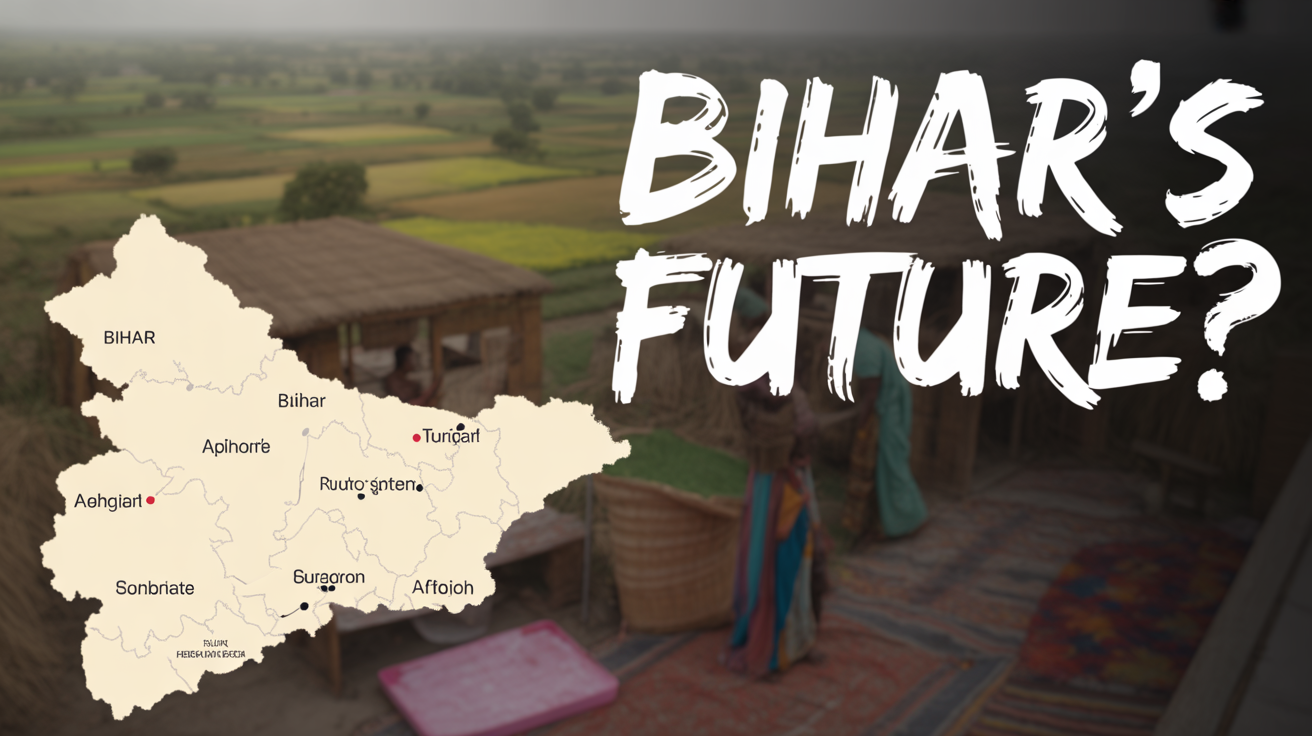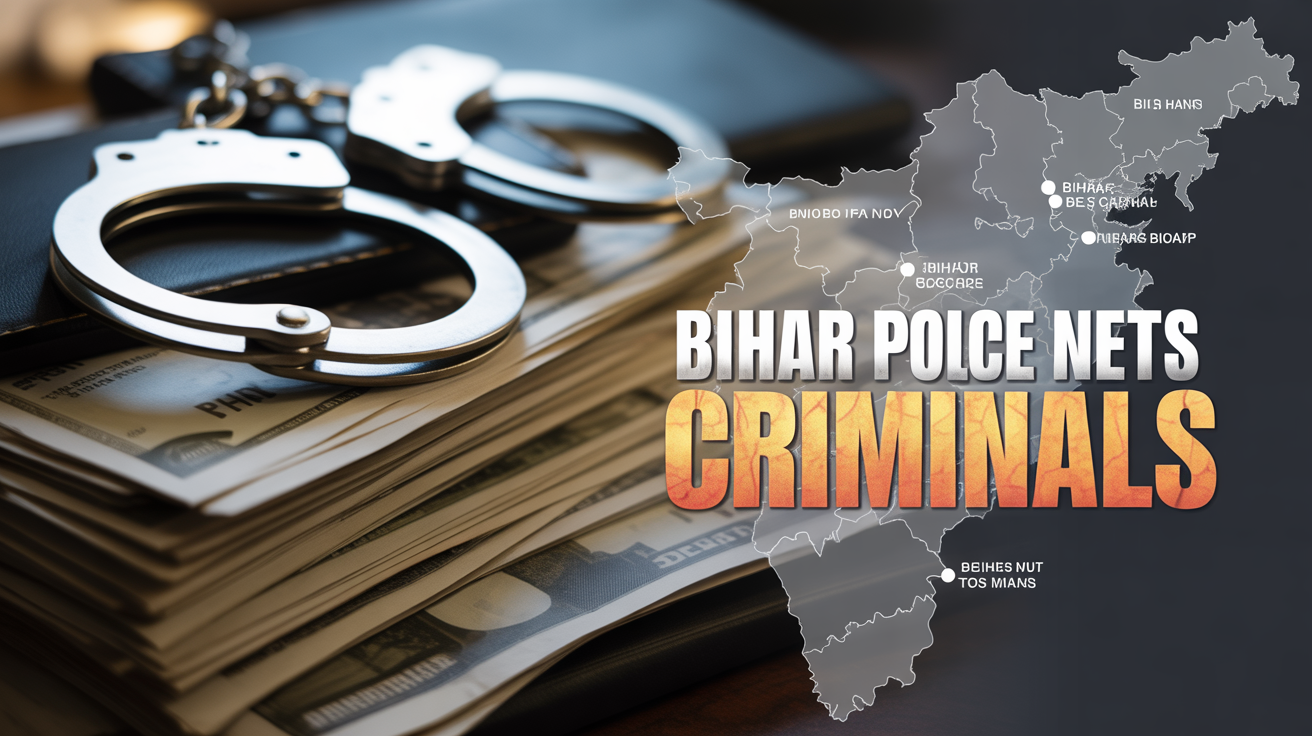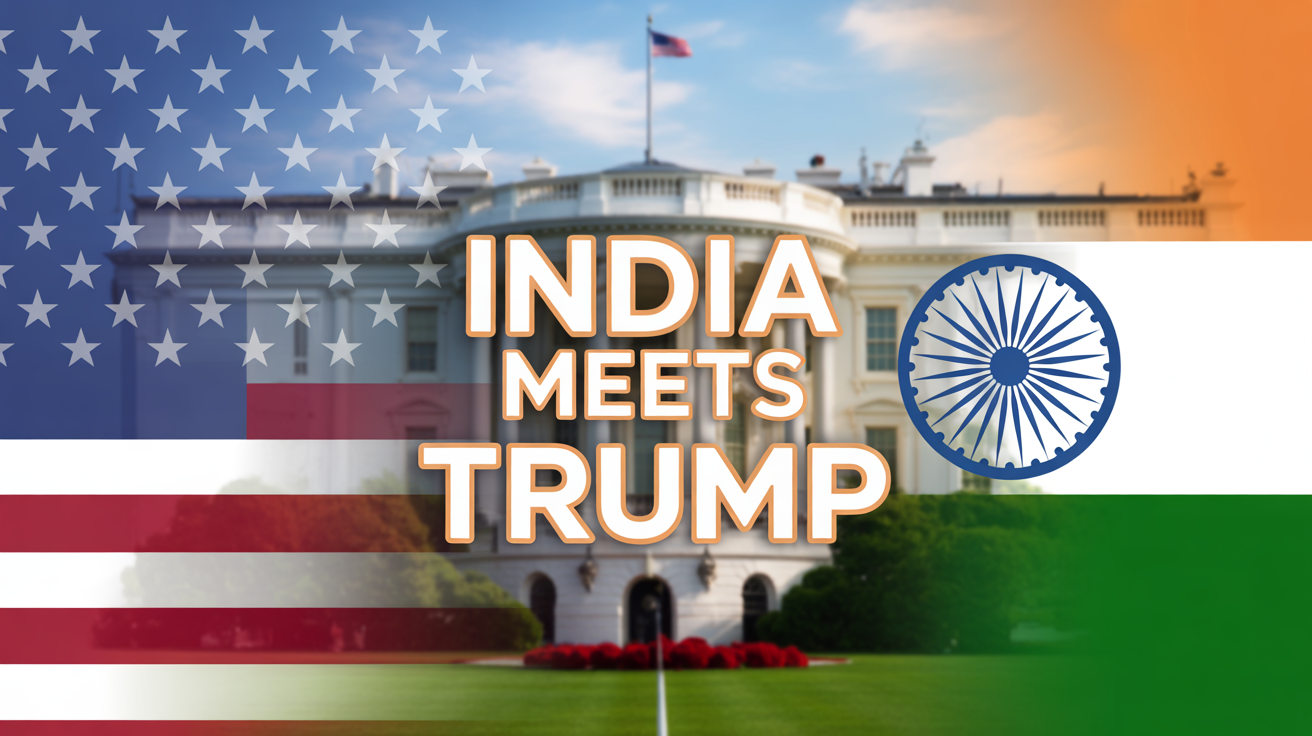- Question of Governor’s Will over Elected Government
The Supreme Court raised a vital issue: can an elected government truly function if every decision depends on the Governor’s approval, especially if he holds the power to indefinitely withhold bills passed by the assembly? - Hearing by the Constitution Bench
A five-judge bench headed by CJI B R Gavai examined a reference from President Droupadi Murmu, questioning the limits of gubernatorial discretion under Article 200 and how long the Governor may withhold legislative bills. - Solicitor General’s Argument
Representing the Centre, Solicitor General Tushar Mehta argued that a Governor can either assent, reject, or hold a bill, and if withheld, the bill is effectively considered dead, sparking strong judicial concern. - CJI Gavai’s Critical Question
Chief Justice Gavai asked if withholding powers essentially meant the elected government operates at the Governor’s mercy, questioning whether such wide authority undermines the democratic mandate of the majority in a state assembly. - Article 200 of the Constitution
Article 200 provides four gubernatorial options: granting assent, withholding assent, referring to the President in case of conflict with central law, or returning the bill for reconsideration. The interpretation of “withholding” remains contentious. - Judicial Concerns on Legislative Balance
The bench warned that allowing permanent withholding weakens legislative authority, effectively granting veto power to Governors, a situation never envisioned by the Constitution and counterproductive for both democratic and legislative processes. - Real-Life Examples of Impact
If a farmer-relief bill or education reform bill is indefinitely blocked, lakhs of citizens could suffer due to a Governor’s personal stance, negating the effort of elected representatives and frustrating public expectations. - Governor’s Role: Postman or Authority?
Mehta argued the Governor is not a ceremonial “postman” but holds constitutional dignity as President’s representative. However, past controversies show misuse of discretion, raising fears of Governors overstepping into political arenas. - Recurring State-Level Conflicts
India has witnessed frequent Governor–CM clashes: sudden floor test orders, prolonged inaction on bills, and administrative standstills. Such instances highlight the urgent need for balance between constitutional intent and democratic practice. - Federal Structure at Risk
Governors act as a bridge between Centre and State. But if that bridge obstructs state functioning, democracy stalls. The Supreme Court emphasized gubernatorial powers must be used rarely, only under extraordinary circumstances.
Conclusion
The Supreme Court’s debate underscores a delicate balance. Governors should safeguard constitutional values but must not overshadow the democratic will of elected governments. Unlimited discretionary powers risk weakening democracy, while reducing the role to symbolism undermines constitutional dignity. The solution lies in equilibrium.






